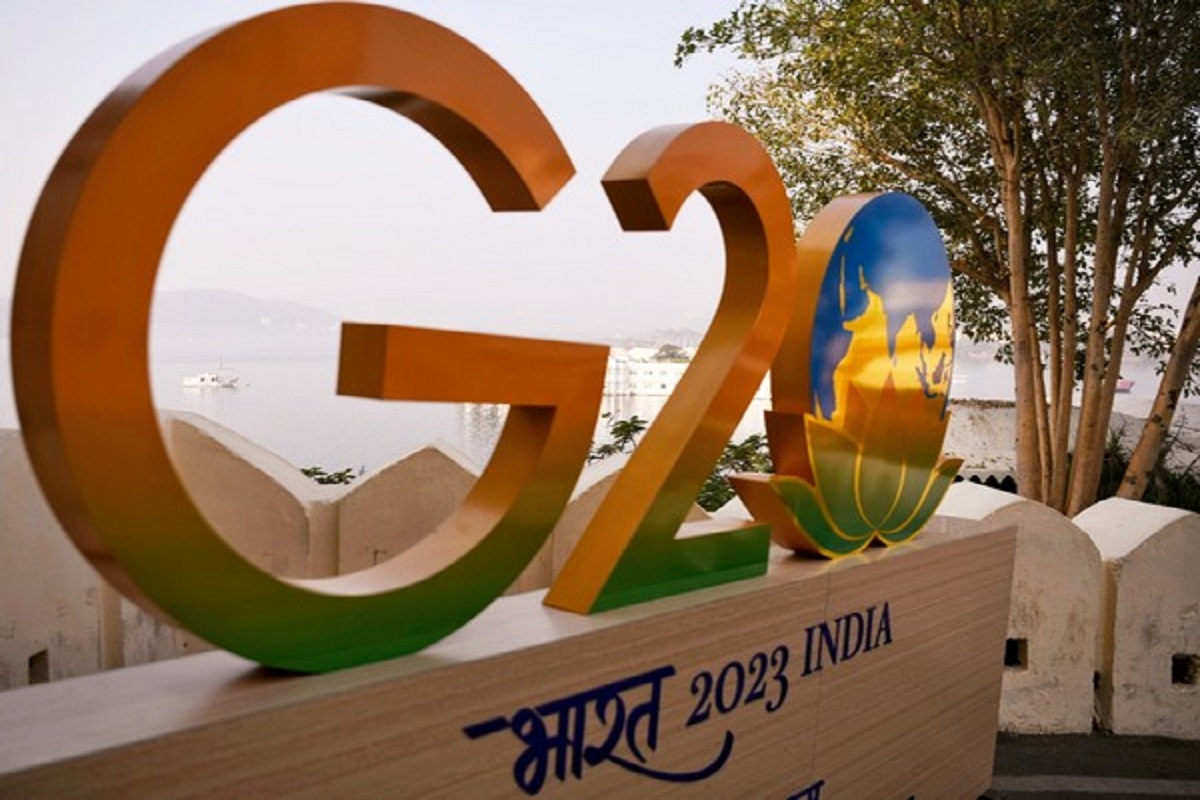Ukraine, Russia conduct second phase of prisoner swap
"Today's statements by the Russian side do not reflect the reality and previously reached agreements," the agency said in a statement.

Representaional Image/ANI
India’s international stature has been rising with its thoughtful, balanced policy on the Ukraine- Russia conflict and this rise culminated with the success in achieving consensus for a joint declaration at the G20 summit. This was not easy, given the fact of how deeply divided various countries are on this issue, and Indian diplomacy must be con- gratulated on the significant achievement of a declaration, which also helps the cause of world peace with its emphasis on one earth, one family, and one future.
Now the next step should be to increase the international stature of India further by taking up some urgent and overdue domestic reforms which will also result in providing much needed relief to many people and reduce their distress.
Advertisement
First and foremost, reforms which result in creating a more inclusive society must be emphasised, with significant steps being taken to reduce inequalities. According to The World Inequality Report, in recent years India has reported one of the highest economic inequalities (generally measured in terms of wealth and income) in the world. This must be reduced significantly, so that those at the bottom can access a higher share of income and wealth.
Advertisement
Although government data, sup- ported by some UN data, show that poverty levels in India have reduced significantly in recent years, there is other evidence which points to seri- ous and increasing distress suffered by about one-third of the population at the bottom of the rural as well as urban society. The government should be open enough to the viewpoints expressed by others regarding the continuing distress and problems of this section of society.
This section includes the rural landless, marginal farmers and the substantial unorganized, informal sector urban workforce, Dalits and tribal communities, includ- ing nomadic and semi-nomadic groups and denotified tribes. The government must reform its policies with respect to these sections of society, with the objective of bringing more relief to them and ensuring sustainable livelihoods for them.
In the context of tribal communities in particular, many of those involved with the welfare of these communities for a long time have been proposing policies which are sig- nificantly different from the approach followed now, and the government
should give more attention to this viewpoint. This can help us move towards an inclusive society.
Another way of ensuring this would be to take steps to assure the minorities regarding their security and welfare. While this is particularly true in the case of Muslims, in some areas it is also true in the context of Christians. In specific situations such as in Manipur, there are certain sections who have suffered a lot of insecurity and this must be addressed too.
The more widespread concern at the national level has related to Muslim citizens feeling insecure in many places. There have been several complaints of innocent Muslims being
attacked and adequate action not being taken against those responsible. In turn this has led to such violent persons becoming even more aggressive and causing new disturbances, as was seen recently in Haryana. What is most disturbing is that sometimes government authorities have themselves acted in arbitrary ways that have targeted the Muslims. This was seen in the context of several bulldozing actions in Uttar Pradesh and Haryana about which the media and the judiciary have commented adversely. The government needs to take remedial actions and bring relief to distressed victims, while restraining aggressive elements. The government should realize that lumpen elements who try to achieve a false sense of glory by targeting minorities con- stitute a serious threat to democracy.
Of course we cannot forget that the ruling party has to satisfy its political constituency, but the ways of doing this should be chosen carefully. If this is achieved by development of pilgrimage sites in beautiful and eco-friendly ways, without displacing people in unjust ways, then everyone can live happily with this. If this is to be achieved by bringing out how several religious texts give a message of peace, compassion and environment protection, then again everyone can be happy about this. The problem arises only when minorities become the tar- gets of injustice and violence.
In addition, of course, the overall human rights situation should improve significantly. Several cases of arbitrary actions against social activists and organizations have been reported from time to time. In addition there have been some cases of arbitrary actions against journalists and media organizations as well. More recently the People’s Union for Civil Liberties has highlighted two cases of unjust action against a team sent by the Editors’ Guild to Manipur, as well as raids on social activists in parts of Uttar Pradesh. These deserve serious attention from the government.
The very essence of democracy is that the government, by remaining more responsive to public opinion as well to opposition voices is much more likely to take corrective actions compared to authoritarian systems. Clearly such corrective actions if taken properly and adequately in good time will only add to the stature of the country as well as its government.
(The writer is Honorary Convener, Campaign to Save Earth Now. His recent books include Planet in Peril, Protecting Earth for Children and A Day in 2071.)
Advertisement
"Today's statements by the Russian side do not reflect the reality and previously reached agreements," the agency said in a statement.
North Korean leader Kim Jong-un sent a message congratulating Russian President Vladimir Putin on Russia Day, the North's state media reported on Wednesday.
India is a member of George W Bush and other formations. Where to locate the Global South? The language of development is the best way to understand worlds in the making. But it has become la langue de bois (the language of evasion).
Advertisement
